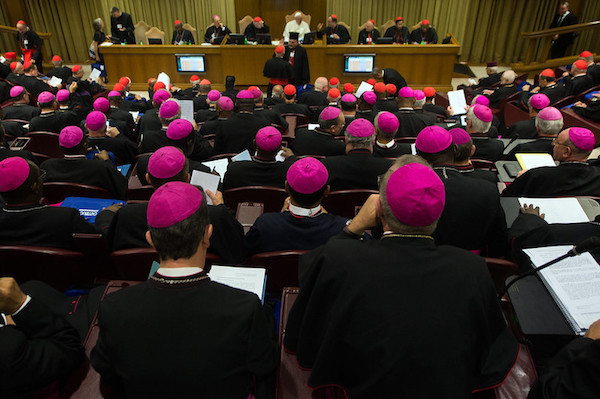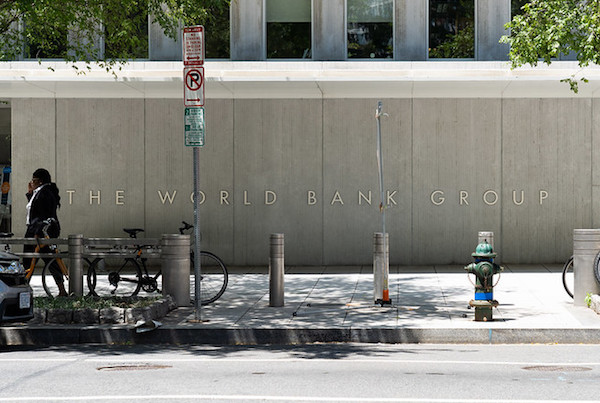Cafod has accused the World Bank of promoting agricultural models that benefit large-scale agribusiness at the expense of poor farmers.
In a report published today, the aid agency says that the World Bank demands “regulations and laws that support the expansion of commercial markets for hybrid seeds and chemical inputs”, forcing poorer nations to purchase seeds and fertilisers from global corporations.
The report, “Sowing the seeds of poverty: how the World Bank harms poor farmers”, finds that “this approach does not support poor farmers’ diverse needs and is not effective in reducing poverty”.
To receive loans from the World Bank, countries must meet certain conditions, including the introduction of agricultural subsidy programmes and seed certification laws.
Cafod says that these subsidies are used to buy otherwise-unaffordable hybrid seeds and fertilisers from a commercial market dominated by international agribusiness. Four corporations control more than 50 per cent of the global seed market.
At the same time, certification laws make it illegal for farmers to propagate and sell their own seeds on the informal market.
These programmes are “a drain on government resources, and lock farmers into relying on unaffordable and environmentally-destructive chemical fertilisers”, the report says.
In Africa, 80 per cent of farmers depend on the informal market and traditions of exchanging seeds within communities – practices threatened by the World Bank’s policies.
Ruth Segal, Cafod’s lead for food systems, who co-authored the report, said: “For centuries, farmers have shared seeds and cultivated them so they can adapt to local environmental conditions and grow food that benefits their communities.
“But this age-old approach is systematically being destroyed by the World Bank for one that benefits big businesses rather than tackling hunger.”
Cafod says that the World Bank measures its success according to the private sector’s dominance of seed markets. However, in three African countries where 100 per cent of seed was supplied by private companies in 2014 – Burkina Faso, Zambia and Ghana – the number of people facing hunger increased over the next four years.
The report finds that the Bank’s own internal documents recognise the effects of its policies – including the environmental damage caused by promoting industrial fertilisers.
It continues: “World Bank staff have repeatedly raised concerns about the viability of this model in internal papers and evaluations over the past decades, yet it remains the dominant approach, based on a persistent narrative that the only way to feed the world is through intensified agriculture.”
Dario Kenner, Cafod’s lead analyst on sustainable economic development and the report's other co-author, urged the UK government to use its influence on the World Bank to end restrictive seed laws and commercial bias.
“It cannot be right for the World Bank to continue to use public money to pursue policies its own analysis shows are not working. It’s time for the UK government to wake up and urge the Bank to reform its harmful approach to tackling hunger,” he said.
In response, a World Bank spokesperson said: “The World Bank does not have any policy to restrict farmers in choosing their seeds. The Bank advocates the use of good quality seeds as part of our overall approach to productivity and climate resilience.”



 Loading ...
Loading ...